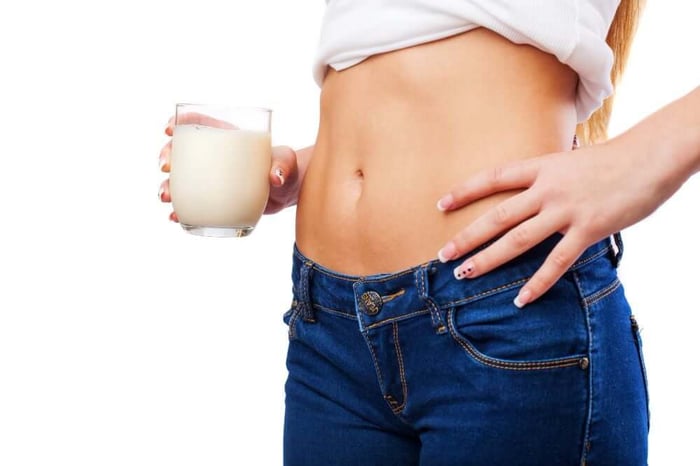What Vitamins Boost Metabolism? All You Need to Know
Table of Contents
Whether you want to improve your overall health or lose some weight, you might be tempted to boost your metabolism. You can do this in multiple ways: starting with physical exercise and finishing with a tailored diet combined with supplements. But what vitamins boost metabolism? Which ones should you take? Here’s a detailed overview of this subject.
Understanding Metabolism and Its Influencing Factors
Metabolism consists of two primary components:
- Catabolism—the breakdown of molecules to release energy.
- Anabolism—the synthesis of all compounds needed by the cells.
Why is this important? A balanced metabolic rate ensures that these processes function optimally, contributing to overall health and well-being. Factors such as age, gender, muscle mass, physical activity level, and hormonal balance significantly impact metabolic rate. What’s more, focusing too much on one of the rates might also destroy the balance, so you have to adopt a well-thought-out approach to boost your metabolism with specific vitamins.
What Vitamins are Good for the Metabolic Function?
So, what are the most important vitamins that you can take if you want to boost your metabolism? In essence, this can be broken down into:
B-Vitamins: Catalysts of Energy Production
The B vitamin group is crucial for energy metabolism, aiding in the conversion of dietary nutrients into usable energy. Key B-vitamins metabolism-wise include:
- Thiamine (Vitamin B1)—Essential for carbohydrate metabolism, facilitating the conversion of glucose into energy.
- Riboflavin (Vitamin B2)—Involved in the metabolism of fats, drugs, and steroids, and aids in energy production.
- Niacin (Vitamin B3)—Supports the conversion of carbohydrates, fats, and proteins into energy.
Other B vitamins also impact your metabolism, so in the end, you want to take them all. That’s why it might be the wisest to switch to multi-vitamin supplements if you cannot provide sufficient amounts of all B vitamins in your everyday diet.

Vitamin D: Modulator of Metabolic Processes
Vitamin D is also among the essential nutrients your body needs to boost metabolic processes. This comes from its two functions:
- Insulin regulation—Vitamin D receptors are present on pancreatic beta cells, suggesting a role in insulin secretion and glucose metabolism.
- Adipogenesis—Influences the formation of fat cells, impacting fat storage and energy balance.
The main problem with vitamin D is that we mainly acquire it from the sun, or to be more specific: we produce it when exposed to UV rays. That’s why it might be difficult to get enough vitamin D in the winter or in darker regions of the US. In such cases, you can opt for a tailored diet or try supplements such as:
- Vitamin D-3 [2,000 IU] 120c by Metabolic Maintenance,
- Vitamin D3 1000IU 90c by Seroyal Genestra,
- Vitamin D 1,000 IU - 180 CT by Ortho Molecular Products.
All of these supplements will provide you with a good dosage of vitamin D, sufficient to help you boost your metabolism.
The Takeaway
B vitamins and vitamin D are the only ones that can help you boost your metabolism. Naturally, apart from them, you can take other nutrients and mineral supplements, such as those containing iron and magnesium. Just don’t overdo it—remember that supplements also have adverse effects on your body if taken too often or in too high a dosage. They can also interfere with your medication and treatments, so always consult a healthcare professional before taking a new supplement!
Don’t know whether you should boost your metabolism or not? Book a personalized wellness consultation and Covenant Health Products and talk to a licensed medical advisor about your health.



